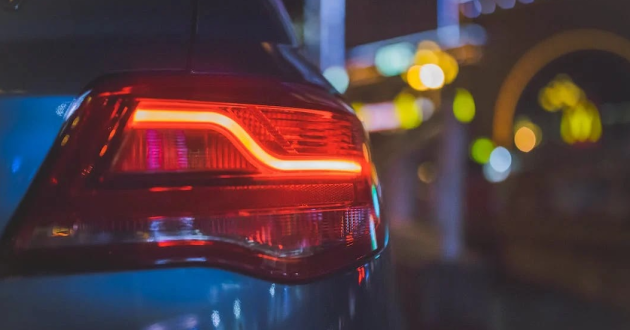What You Should Know Before Signing A Lease

Protect your rights as a renter by learning about the importance of your lease and what to look out for when you sign.
When you apply for an apartment and you hear the good news that you’ve been approved, the next step is to sign the lease. In your excitement to avoid delays and secure your new apartment you skim over the terms and sign the document. Renting a property seems simple enough but if you don’t understand exactly what you’re committing to, you could find yourself in major trouble along your rental journey. In this guide we explore some of the terms and conditions you should be aware of before you sign the lease.
Read the Lease
Don’t allow your landlord to pressure you into signing a lease. Take the time to read every condition and ensure you agree with it and understand it. Many people don’t realize the once you sign the document, you are committed to the lease. If you want to break the lease, you’ll have to pay penalties including the security deposit and one month’s rent (this can differ between landlords and states).
Even if you come across legal terms that you aren’t familiar with, look it up online or speak to a real estate lawyer to help you out.
When you sign a lease, the last thing you’re thinking about is ending it, but understanding what will happen by the time the lease expires can also save time and money.
Some Considerations when Reading the Lease
Landlords are only permitted to give you 24 hours’ notice to enter the property for a rental inspection. Be mindful of this when you decide to rent.
Look at the changes you’re allowed to make inside the property. Can you paint the walls, hang a picture on the wall, or change the carpets? Be clear about what you can and can’t do so you don’t risk your security deposit by the end of the lease.
The Security Deposit
Every rental property will require a security deposit upon signing the lease. In the agreement you will also find information on how much you need to pay before you can move in, instances you could lose the deposit, and when the landlord is permitted to keep these deposited funds.
Landlords will also break down where the deposit is to be held (it should always be in an interest-bearing account) and when it will be paid back to you should you pass your move out inspection. Deposits are usually returned within 14 days after moving out so ensure that you update your landlord should your personal details change through the course of renting.
Walk Through the Property
Perform your own inspection of the apartment before you sign any paperwork. If you notice damages, this should be documented. The best way to keep track of problems is to take a time stamped picture of the issue. You don’t want to sign the agreement only to be accused of breaking the faucet or scratching the floors by the end of your lease.
Where Will You Park?
If you have a car, check the lease for where you’ll park. Are you fine with street parking, can you park behind closed gates, and where will guests park when they visit?
Be Thorough and You’ll Enjoy Your New Home
When you know what you're signing, you'll be in the best position to enjoy your new rental.


